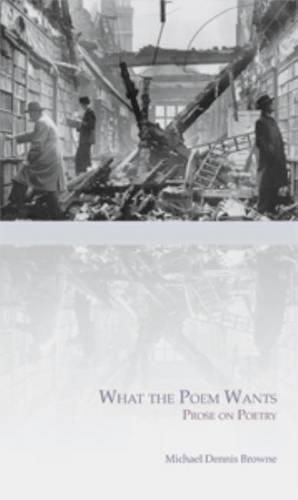Readings Newsletter
Become a Readings Member to make your shopping experience even easier.
Sign in or sign up for free!
You’re not far away from qualifying for FREE standard shipping within Australia
You’ve qualified for FREE standard shipping within Australia
The cart is loading…






This book contains fifteen essays and talks by a poet and librettist who has taught for over forty years (Iowa, Columbia, Bennington, Minnesota). They explore a range of topics, from individual poets such as D.H. Lawrence, John Berryman and James Wright to themes such as Failure,
Listening,
Poetry and Walking, and Words for Music. They represent an artist’s attempt to step outside his main genre and become conscious not only of the things it occurred to him, mostly intuitively, to write about, but also themes, patterns and processes in other writers and writings he admires. The style is colloquial and the author uses numerous quotations, from several disciplines, to illustrate his thought and to help the reader see into the ways a writer works (and plays).
$9.00 standard shipping within Australia
FREE standard shipping within Australia for orders over $100.00
Express & International shipping calculated at checkout
This book contains fifteen essays and talks by a poet and librettist who has taught for over forty years (Iowa, Columbia, Bennington, Minnesota). They explore a range of topics, from individual poets such as D.H. Lawrence, John Berryman and James Wright to themes such as Failure,
Listening,
Poetry and Walking, and Words for Music. They represent an artist’s attempt to step outside his main genre and become conscious not only of the things it occurred to him, mostly intuitively, to write about, but also themes, patterns and processes in other writers and writings he admires. The style is colloquial and the author uses numerous quotations, from several disciplines, to illustrate his thought and to help the reader see into the ways a writer works (and plays).